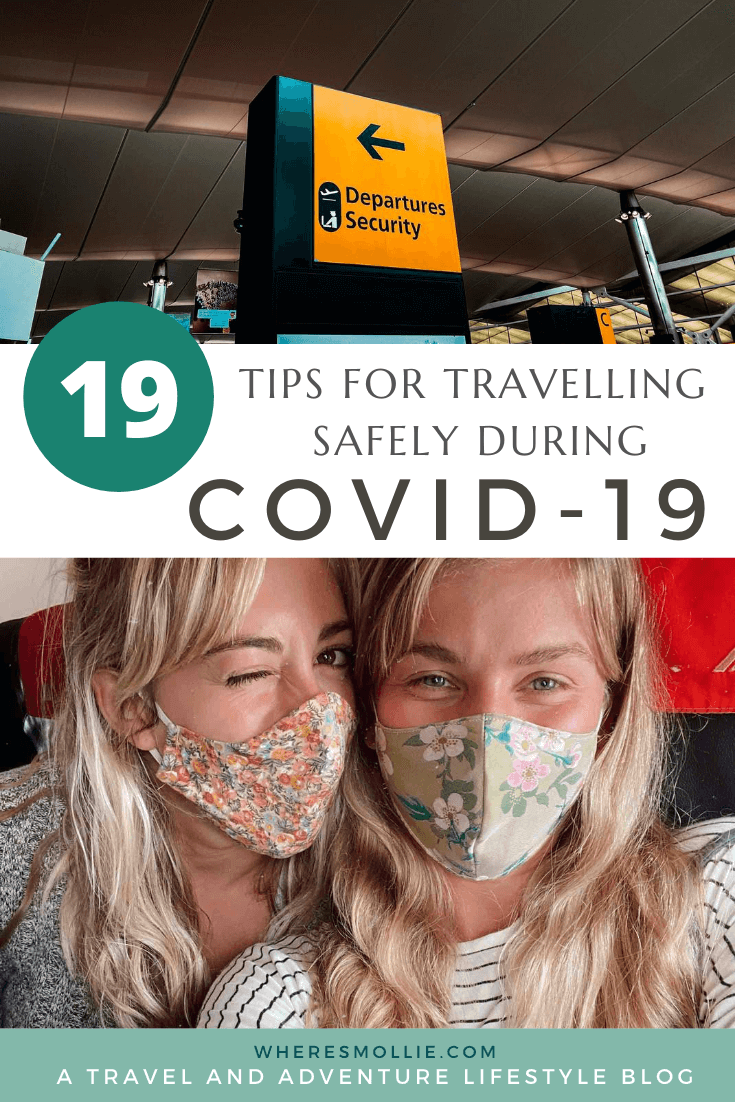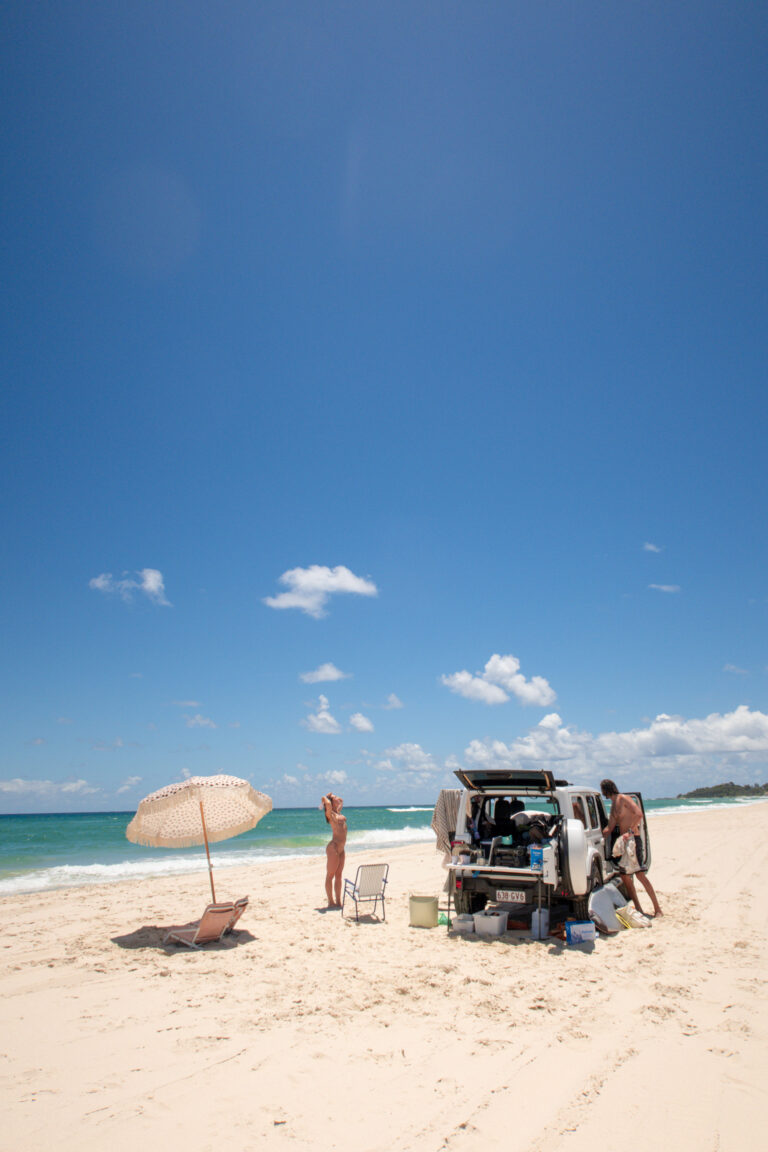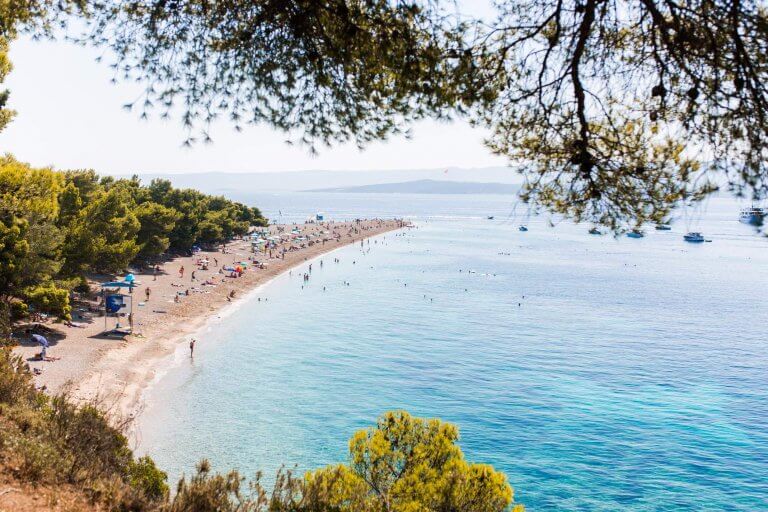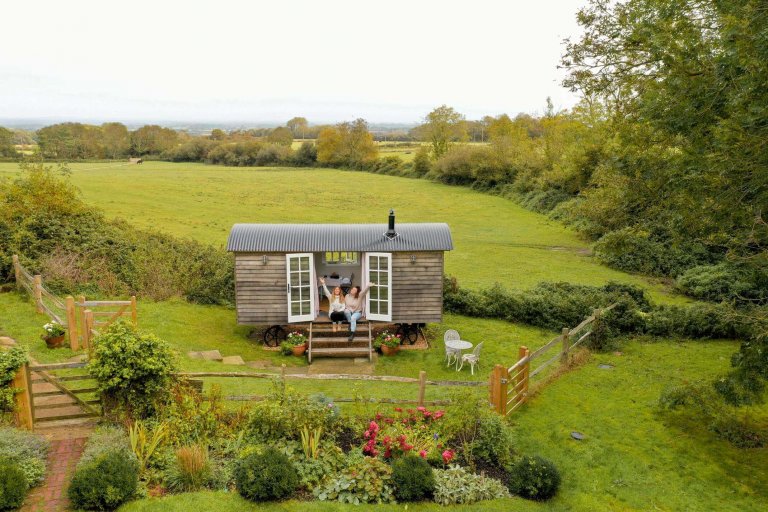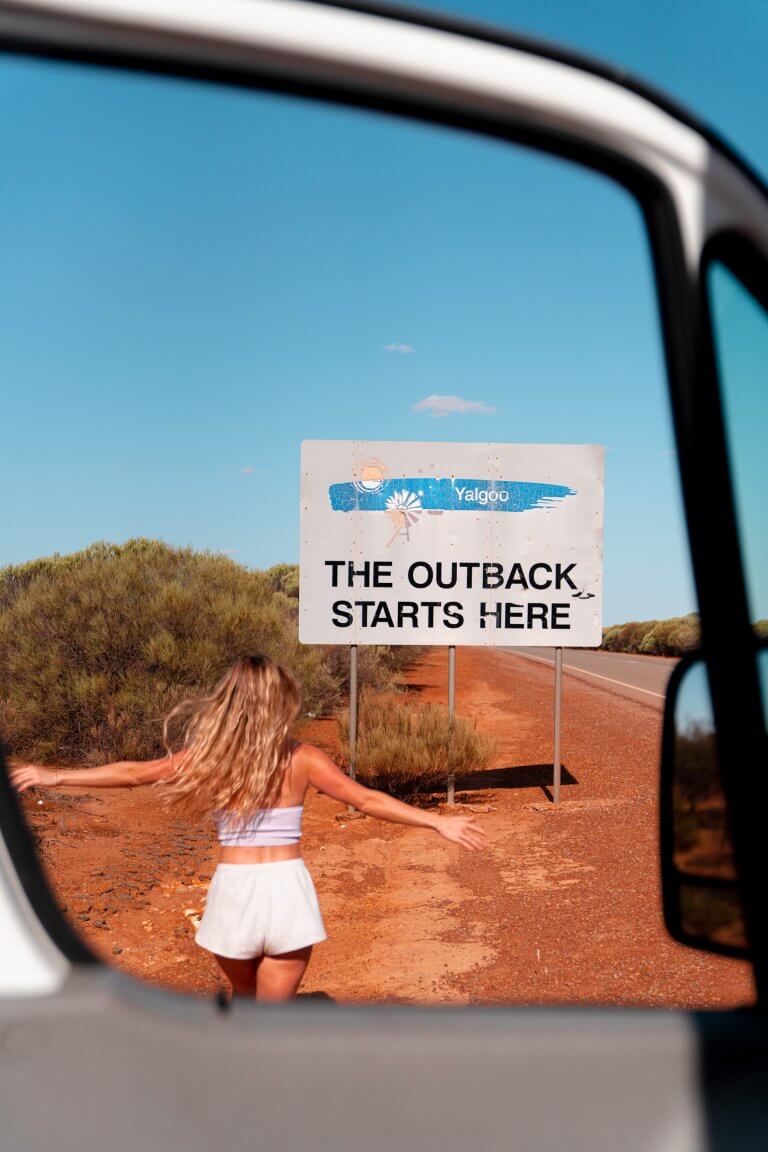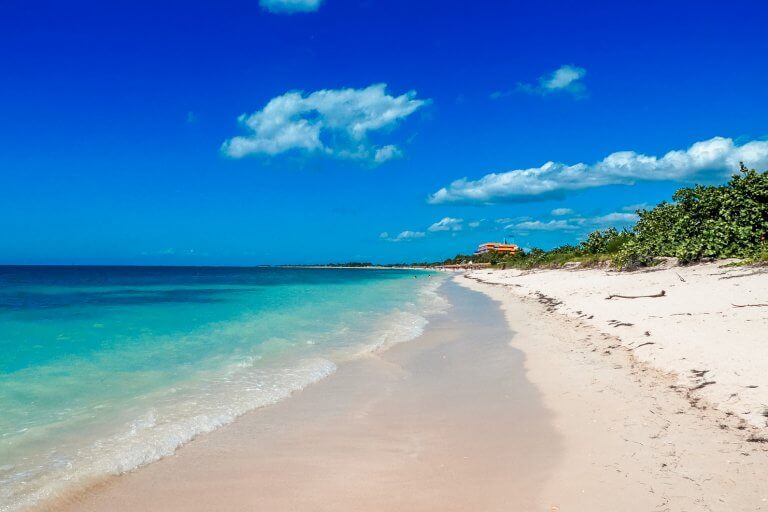19 top tips for travelling during Covid-19
Lockdown is being slowly relaxed and summer is setting in. Everyone’s been unable to travel due to the Covid-19 pandemic that has spread around the world like wildfire during 2019-20, but governments around the world are now starting to allow citizens to travel, initially in their home countries but now increasingly abroad too. The pandemic is far from over, and we must still be careful, but it appears our wanderlust can slowly be cured from here on out, now we can start travelling during Covid-19.
Top tip: For the latest updates on the COVID-19 situation, you can visit the official webpage of the WHO.
Many of you will be wondering, ‘is it safe to travel now?’. The truth is, it depends. If we are all careful and sensible and practise physical distancing and abide by the rules, then it should be ok. Travel will boost local economies around the world, and is good for your mental health and wellbeing, especially after lockdown. However, it’s completely normal to feel apprehensive about travel and still not want to go.
Whether you’ve decided to get out of the country as soon as possible, or whether you’re still not sure if it’s a good idea, this post will put you at ease and go through my top tips for travelling during the Covid-19 virus outbreak.
Travel in the time of coronavirus: 19 top tips for travelling during the Covid-19 pandemic
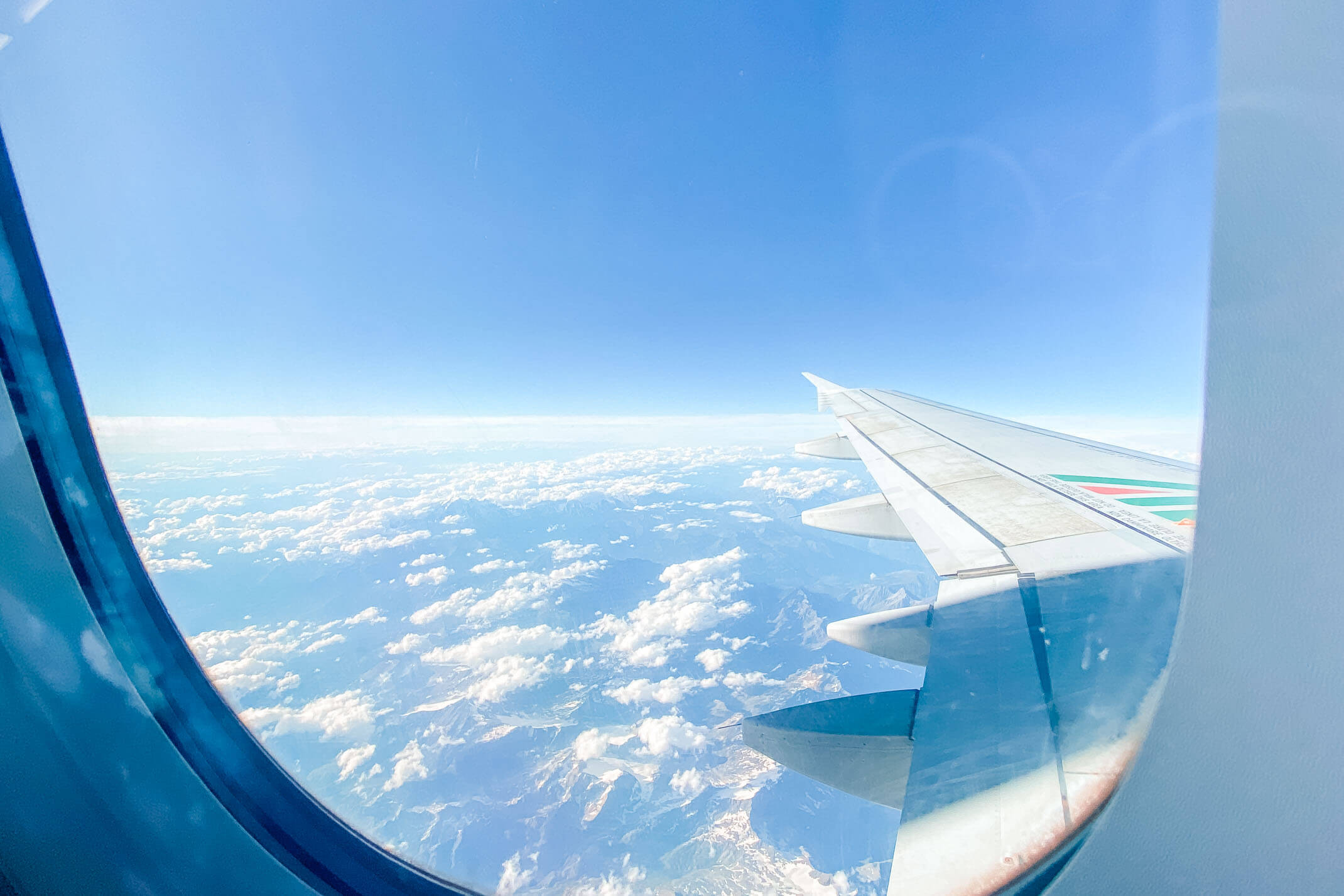
EXPLORE THE UK ON MY BLOG HERE
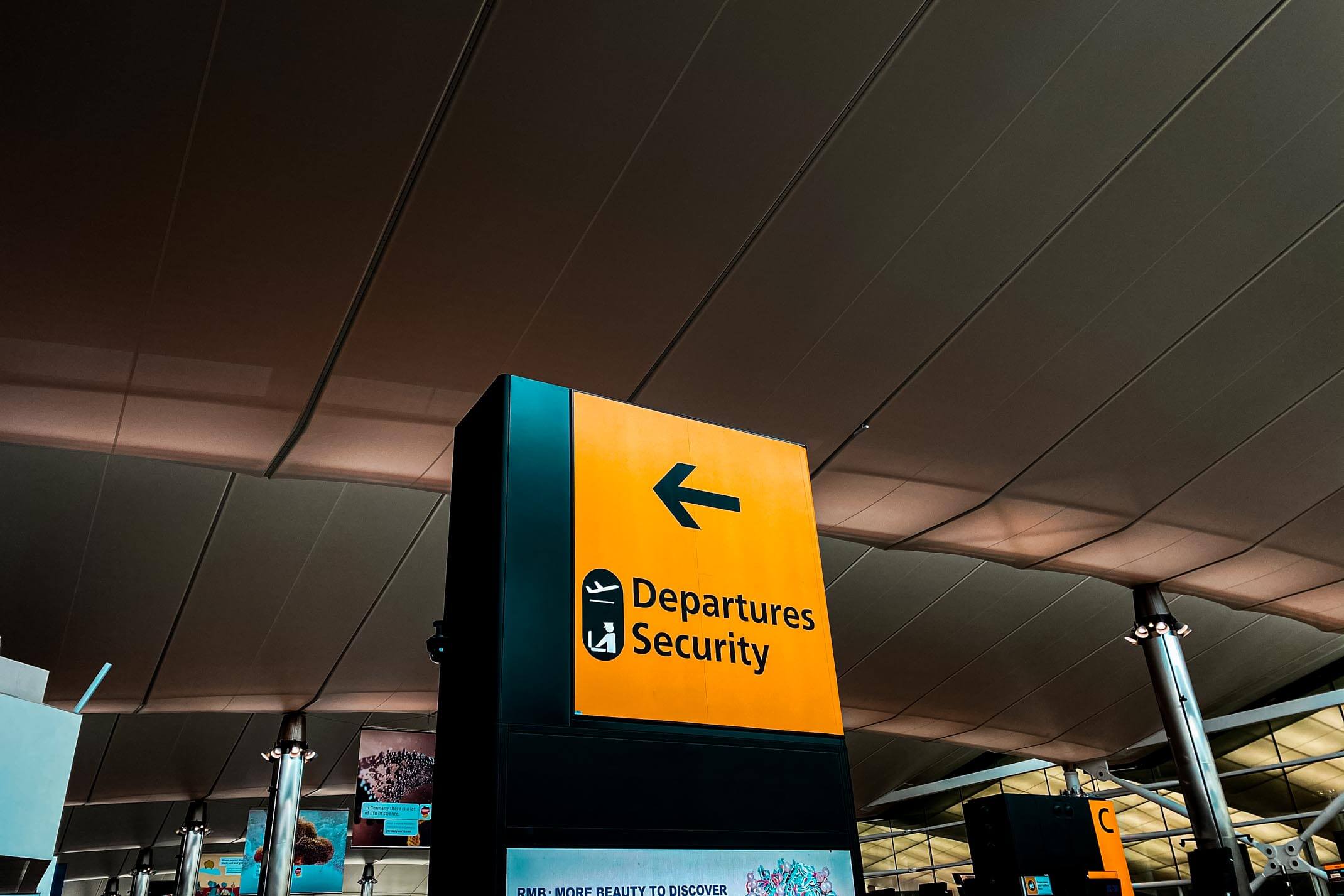
EXPLORE EUROPE ON MY BLOG HERE
1. Check the rules.
Rules and restrictions for travelling and quarantine are different in every country, and change on a daily basis. Check the rules of your home country and your destination for travelling and for local rules during your trip on official government websites before travelling anywhere.
You also need to check the rules for your specific airline, as some have additional policies regarding hand luggage, food on the plane, and the type of masks you should wear.
2. Plan your trip carefully.
Now more than ever, travelling requires careful planning. How will you avoid cross-contamination to and from the airport? Is the destination you’re going to deemed low-risk? What measures are local governments, airlines, accommodation providers putting in place to reduce the risk of virus transmission? Do your research before you travel so you know what to expect when you arrive, and you’ll feel better about travelling.
For all my top tips on how to plan your next adventure, check out this post.
Check out the flight deals on Skyscanner here if you’re looking for good flights during coronavirus.
3. Get travel insurance.
Getting ill abroad is stressful enough as it is, without having insurance to cover the costs. Your health is never worth the risk! Check the policies carefully to see what you are and aren’t covered for in terms of the pandemic.
Click here for the travel insurance I use.
4. Complete all your documentation.
Most countries now have forms that you need to complete before leaving and/or entering the country. Check what needs to be completed, by when, and if it needs to be done on paper or online. Some countries require you to have proof of a negative Covid-19 test completed within a certain amount of time before your flight.
I’m currently travelling through Sardinia and I was required to fill in a form when checking in online for my flight. Apart from that, there were just temperature guns/helmets worn by staff to check temperatures through the airport / when boarding.
Be careful. You could get a fine if you haven’t done the right paperwork! You’ll also delay the start of your holiday, cause havoc at the destination airport, and therefore potentially delay the start of other people’s holidays.
5. Don’t travel if you or someone you have had recent contact with have symptoms of or been diagnosed with Covid-19.
Even if you’ve planned the perfect adventure, it’s really important to contain the spread of the virus, and travelling with the virus is irresponsible. If you have or suspect you could have the virus, self-isolate for 14 days.
If you suspect you have the virus on holiday, or test positive for the virus at the airport, you must also self-isolate in your accommodation for 14 days, and let the airline and accommodation know.
Info: Some airports and airlines (not all) are doing temperature checks to see if you have a fever, one symptom of Covid-19. At London Heathrow my temperature was checked. If your temperature is at or below 37.5°C, you’re safe to travel. If your temperature is at or above 37.6°C, you have your temperature checked again in 15 minutes and then a decision is made about whether you can travel.
6. Allow for extra time at the airport.
Queues may be longer due to extra checks taking place. Make sure you allow plenty of time (at least two hours) to get through the airport and security screening.
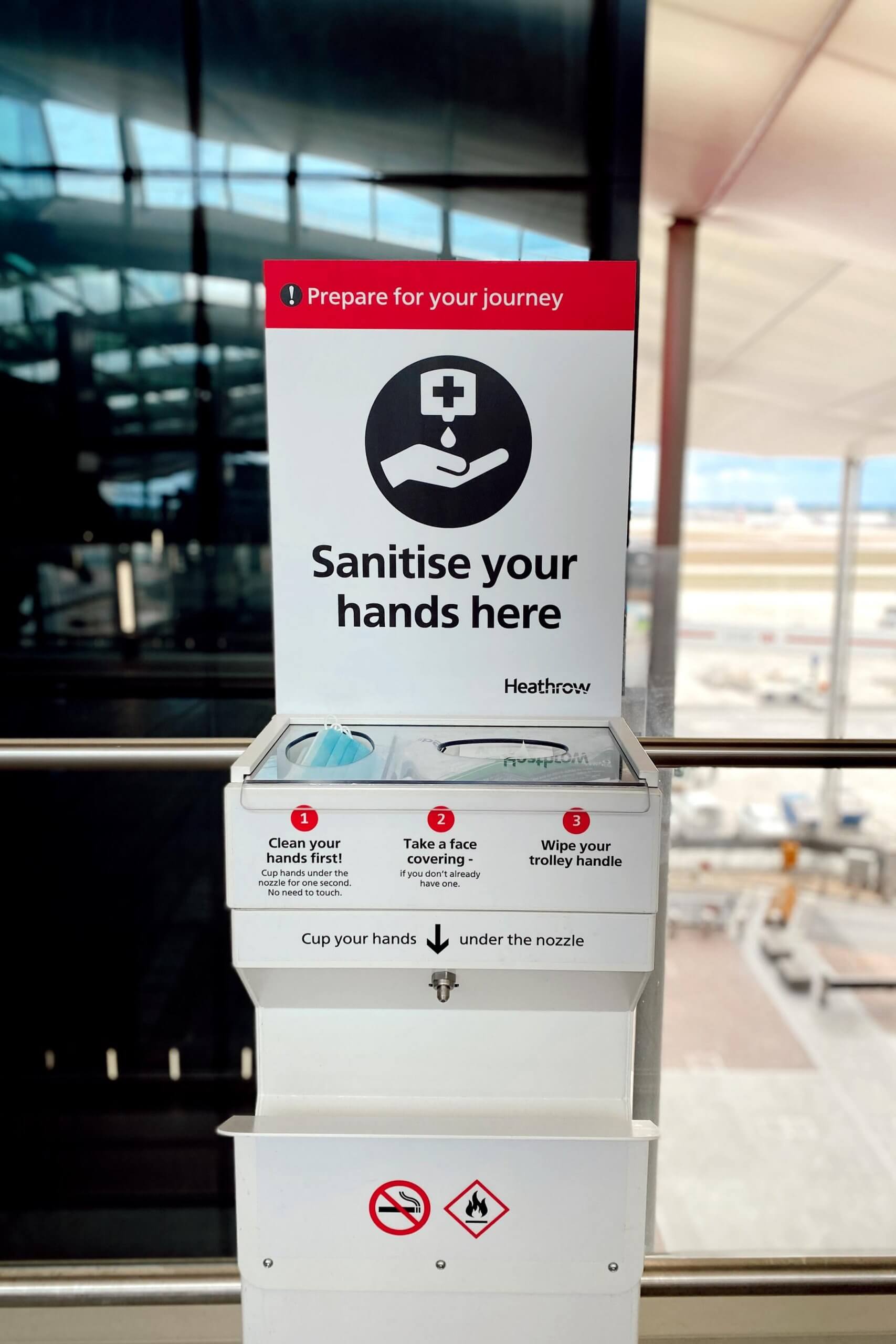
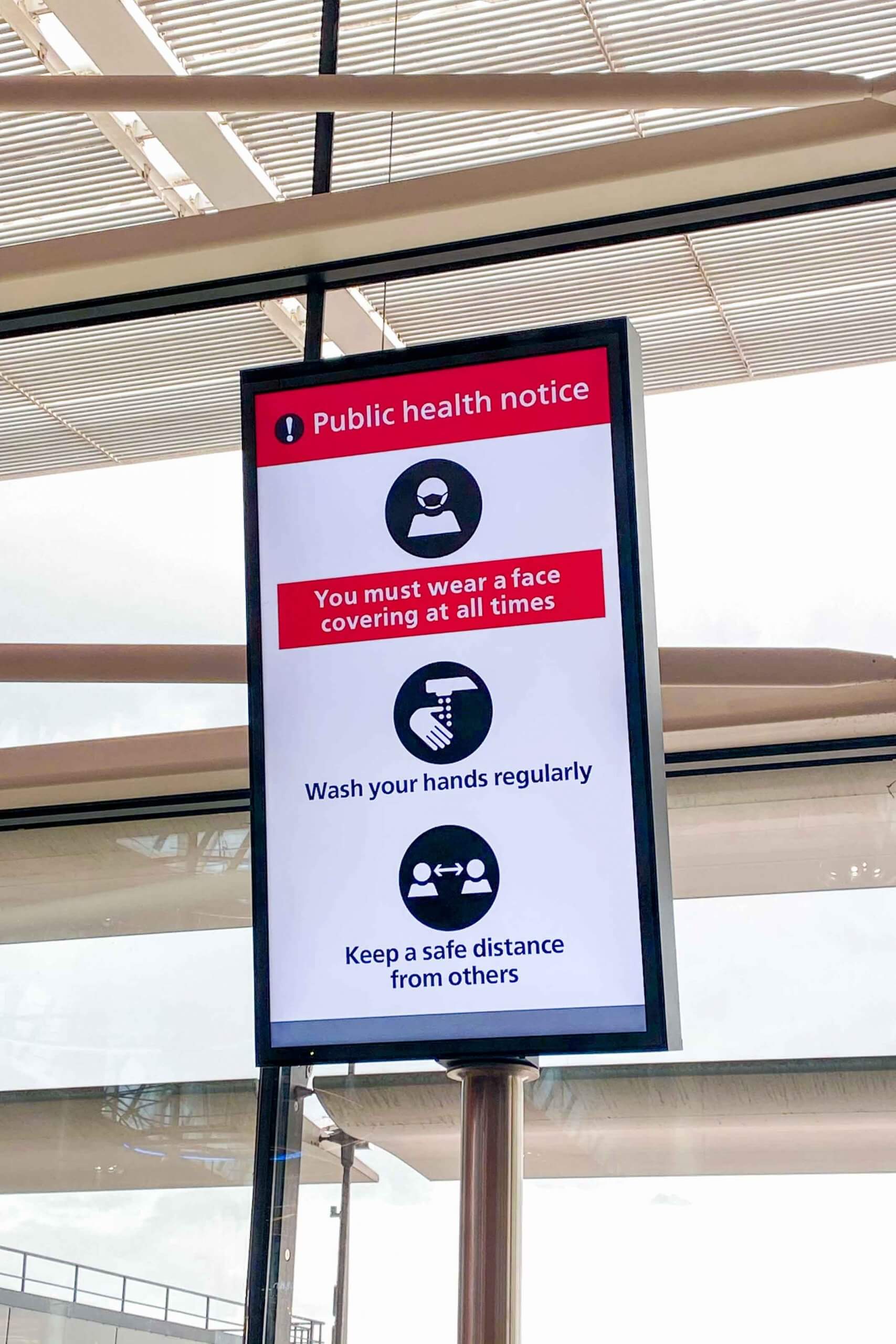
7. Say goodbye outside the airport.
Many airports and train stations aren’t letting people in that aren’t travelling. Saying goodbye to friends and family outside the terminal reduces the risk of them spreading or catching coronavirus.
8. Wear a mask.
It’s compulsory to wear a mask in many places now, and transport is included in this. You must wear a mask on public transport and during flights. It’s one of the main ways, alongside hand-washing, to prevent the spread of the virus. It’s recommended that you change your mask every four hours if you need to wear it for a long time, so make sure you have enough masks with you to cover the journey to the airport, time in the airport before and after your flight, and during the flight.
Top tip: Having a reusable fabric mask is one way to reduce single-use products, which helps the environment. For more sustainability tips when you’re travelling during coronavirus, check out this post.
Many places have made masks compulsory in shops and supermarkets too. Check the rules before you go, and that you pack some masks to take with you! To see how I pack a weekend away into a carry-on suitcase, click here.
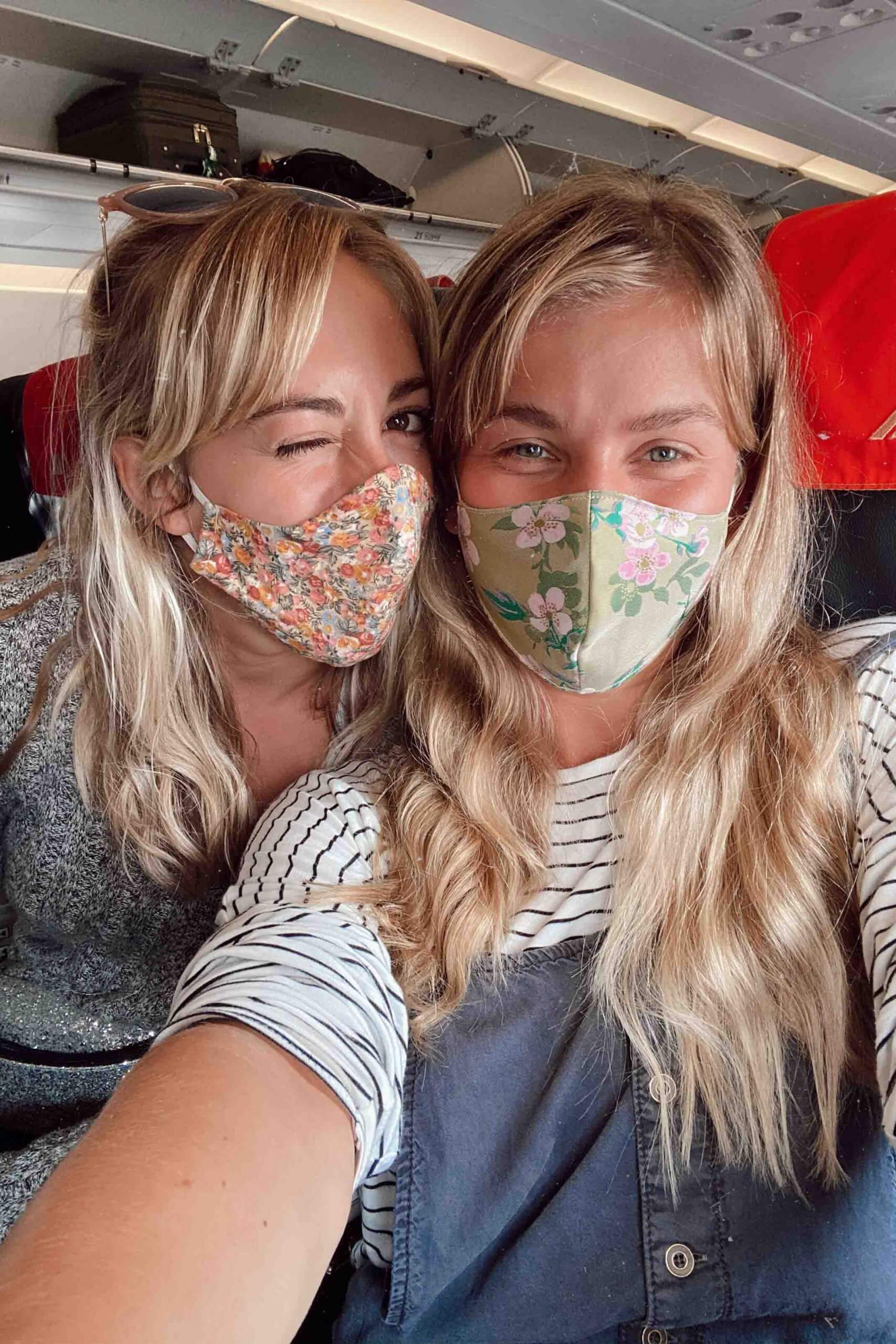
9. Practise physical/social distancing.
The technicalities of the distance (1 metre – 2 metres) depend on the advice of the local government, but the message remains the same: practise physical/social distancing. If people around you won’t socially distance, politely ask them to give you more space, and/or move further away from them.
If you’re worried about being able to distance yourself on the plane, it’s good to know that many airlines are trying to spread people out on the flight to encourage distancing. It’s not always possible (for example, if they’ve filled the flight), but with the HEPA filters and cleaning in place on flights at the moment, research suggests in-flight transmissions are low.
On holiday, try to avoid places with big crowds. If you want to visit a popular attraction consider going at a time when fewer people will be there, or saving that attraction for another trip in the future!
Top tip: Now would be a really good time to try solo travel: talk about full on social distancing! Explore solo travel on my blog here.
10. Wash your hands thoroughly and frequently.
Frequent hand-washing has become part of our daily routine, and it goes without saying that this should continue when you travel. Frequent and thorough hand-washing, with soap and hot water or with hand-sanitizer with at least 60% alcohol, helps prevent the spread of the virus. Make sure you wash your hands before and after your flight, using the bathroom, going through the airport screening, touching your face, putting on or removing a mask, and touching anything in public (door handles, etc.).
Top tip: One way to avoid getting coronavirus is to limit touching door handles with a no-touch hand tool. Get yours here.
11. Eat before you travel.
Many planes and train companies have stopped the trolley service during coronavirus, and some encourage you not to eat during the journey (as you’d have to remove your mask). For shorter journeys, try and eat before your flight. You may even want to eat at home, as many airports and train stations have reduced the number of restaurants and cafes that are open at the moment.
Basically, plan your food/meals ahead of time. I took two flights to arrive in Sardinia from London Heathrow and there were no food / snacks on either flight. Prepare your snacks or buy some at the airport so that you fuel yourself correctly!
12. Use the bathroom before your journey.
Airlines are reducing the risk of contamination by asking passengers not to queue for the bathroom in the aisle, but to press the service button and wait for the cabin crew to say it’s their turn. On short flights, some airlines may not open the bathrooms at all (this was the case on a domestic flight I was on recently). If you use the bathroom before you fly, you won’t need to queue or wait your turn at all.
13. Be aware that accommodation will look different.
There will be fewer decorations in that dreamy AirBnb, few soft furnishings and extra cushions and blankets in hotels, and no books to borrow at that paradise pool complex: non essentials will have been removed from the rooms. Hostels may not allow sharing with strangers in dorms, or may have fewer people per dorm. Cleaning procedures will be more thorough in all accommodation, and hotels and villas that would have mid-week cleans may not have these anymore (to avoid cross-contamination between guests and cleaners). Check with your accommodation provider what they have put in place to contain the spread of the virus.
Top tip: Get £25 off your first AirBnb stay here.
Top tip: Check out accommodation on booking.com here.
14. Consider other forms of transport.
If you want to travel but you don’t want to get on a plane, that’s ok. Hiring a car and driving with people you already live with is a much less risky way to travel. And who doesn’t love a good road trip…!
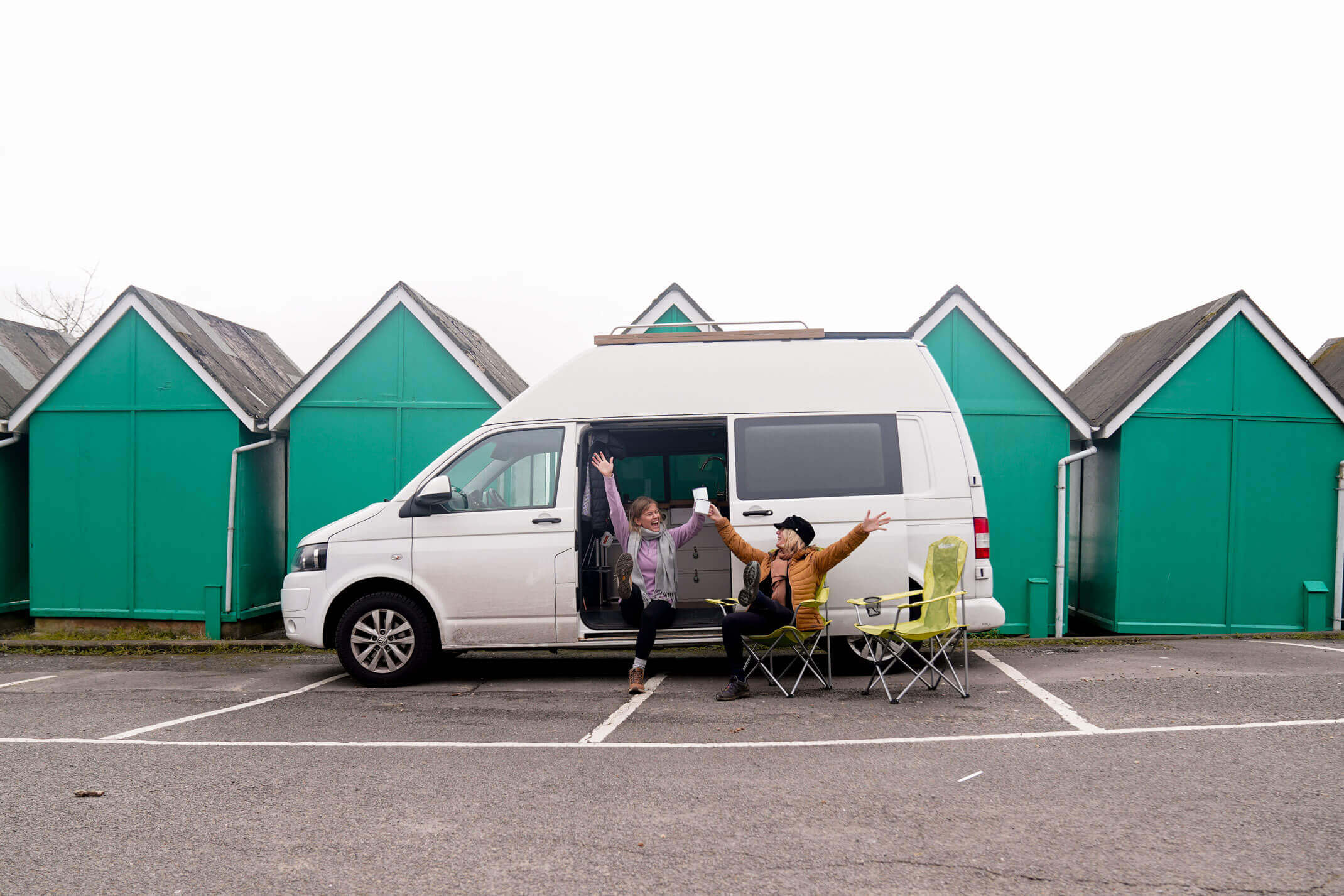
See my bucket list of van life road trips in Europe here.
EXPLORE ROAD TRIPS ON MY BLOG HERE
15. If you’re not ready to go abroad, try a staycation.
Most domestic travel restrictions have been lifted now. Whether you want to try camping, staying in a unique AirBnb, or booking a nice hotel in a city near you, take the opportunity to explore your local area if you don’t feel ready to go further afield.
EXPLORE THE UK ON MY BLOG HERE
16. Be prepared for cancellations.
The coronavirus situation is changing on a daily basis (for the latest updates on the COVID-19 situation, you can visit the official webpage of the WHO). Transport and accommodation may be cancelled at the last-minute if the rules on travelling during Covid-19 change, or if companies simply can’t afford to run that flight or open that hotel due to a low number of bookings. Be prepared for your plans to change at the last minute.
Top tip: check out these 12 self-care tips to increase your happiness and improve your wellbeing.
Top tip: If you’re struggling to stay positive during the coronavirus outbreak, here are my top tips for positive thinking.
17. Don’t judge people who are or aren’t travelling at the moment.
Now more than ever, kindness is key. If you’ve chosen to travel during the pandemic, don’t judge people who aren’t ready yet, and if you don’t want to travel yet, don’t judge people that want to. You don’t know what’s happening behind closed doors or their reasons for (not) travelling.
18. Be responsible and stick to the rules.
Travelling during coronavirus looks very different from what we know, but if we stick to the rules and contain the spread of the virus, we will be allowed to continue to travel. If things get bad again, lockdowns will happen again, and travelling will stop.
If you’re high-risk, consider waiting a little longer to travel, or exploring your local area rather than going abroad.
It’s important that we all work together while we’re exploring and enjoying our travels to minimise the risks! We have shared responsibility.
19. Enjoy your trip!
Lockdown lasted a while, and so here’s to some new, safe, adventures!
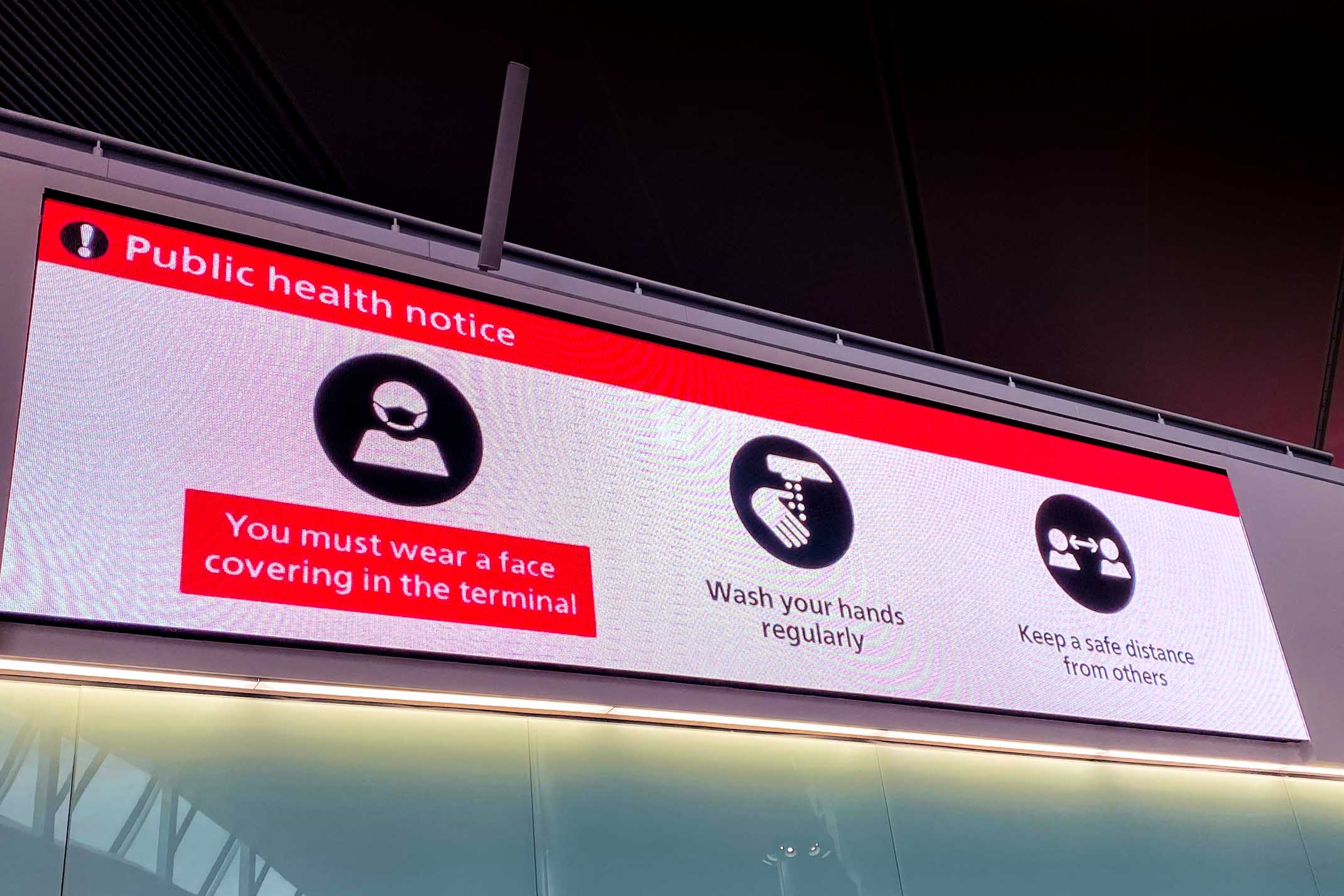
See my 21 cheap places to visit in Europe here
See my 22 top tips for travelling in Europe here.
EXPLORE EUROPE ON MY BLOG HERE
Have you travelled during Covid-19?
What are your top tips for travelling during coronavirus? I’d love to know!
Love as always and happy adventuring,
Mollie.
Did you find this post helpful? I’d love you to share it for me.
I can’t do this without you.
Pin and save this blog post for later…
